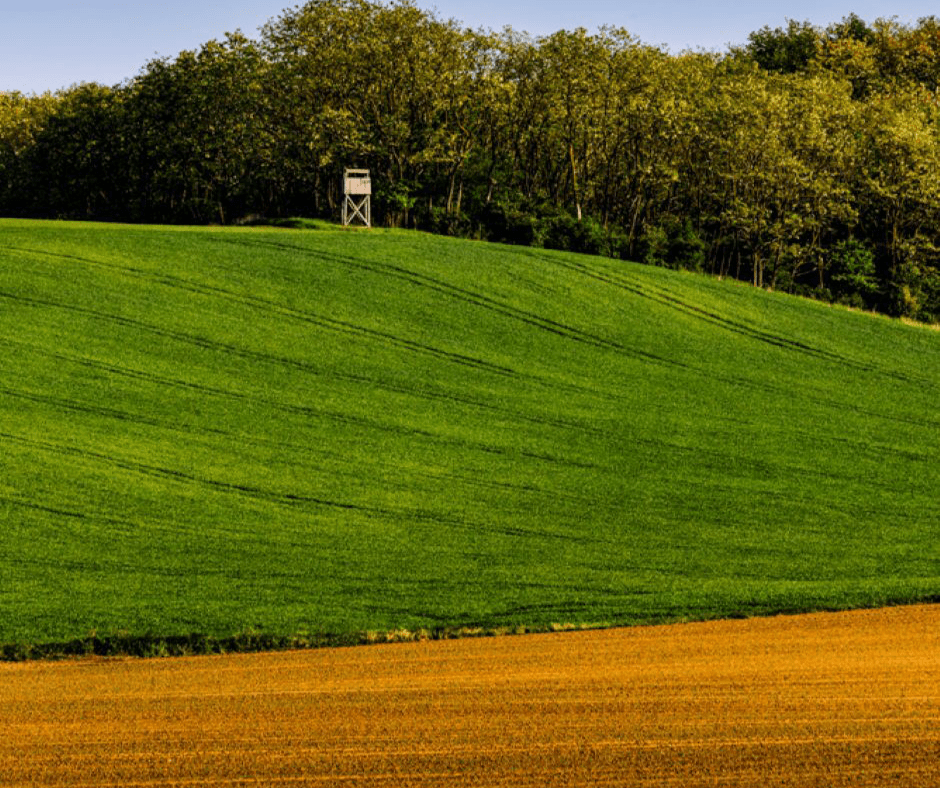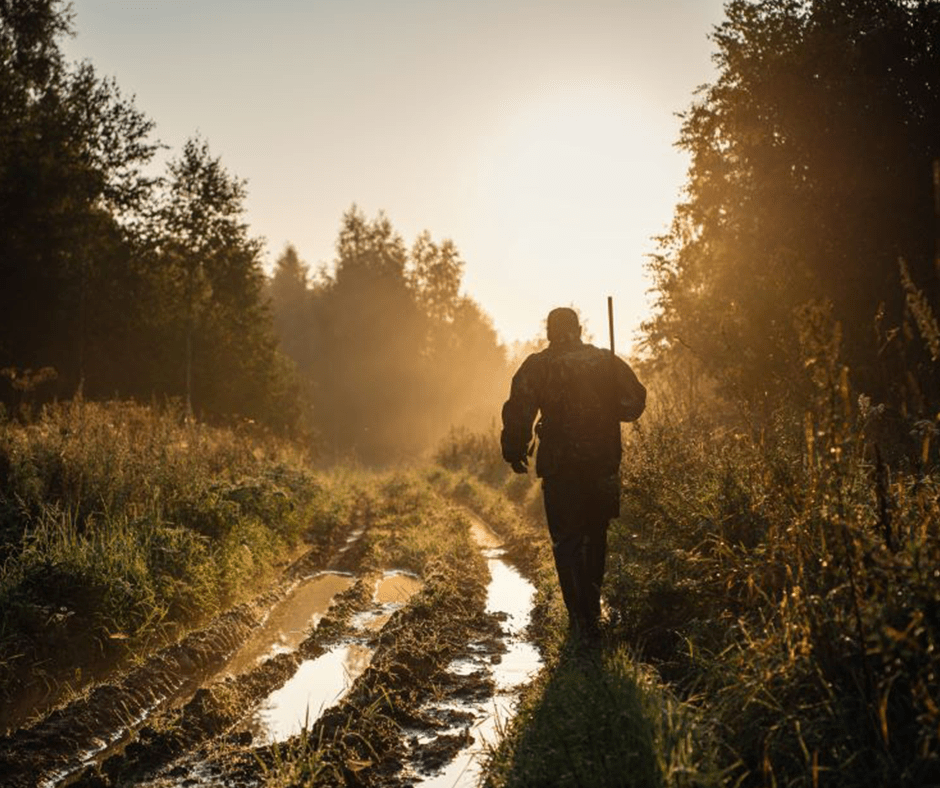Living in the country away from the hustle and bustle of city life is a blessing. Although if you’re a farmer you may have to deal with protecting your crops from hungry animals such as deer, pigs, turkeys, bears, and elk. Even if you’re not a farmer, owning rural land can also be expensive. Luckily there is a great tool that you can use to bring in additional income to help pay for the land and if you need to, help protect your crops!
Hunting is a fantastic and effective method for controlling crop-damaging animal populations. If you don’t hunt yourself, then leasing is perfect for you. Leasing the hunting rights to your property is the best way to make additional income and reduce crop damage from wildlife.
Once you’ve finished reading this article you will understand something that every rural land owner should be aware of, leasing hunting rights. Let’s get started!
What Is a Hunting Lease Agreement?
In its most simple form, a hunting lease is an agreement between a landowner and a hunter or group of hunters. Hunting lease agreements are typically made on an annual basis and usually provide exclusive hunting rights to the property. Hunting leases can be complicated, but they don’t have to be.
As a landowner, there are many different things to consider when structuring a lease agreement. These include the price of the lease, how long you want the lease agreement to last, how many hunters will be allowed, land modification, access points, and available species to hunt.

Hunting Lease Agreement Price
One of the most important aspects of designing a lease agreement is the price. The price you set as the landowner should be fair for all parties. You need to make enough money to make it worth it and it needs to be cheap enough that hunters can afford it. The lease price should be set based on the acreage and quality of land, the quality of animals, the number of available species to hunt, and the distance from a major city.
A great tool you can use to determine what you should charge is to research the prices of leases near your land. When doing this, you should focus on the price per acre and the quality of the land. Another and easier method is to use a leasing agent. Basecamp Leasing is a great resource for landowners that need assistance leasing their valuable land.
Hunting Lease Agreement Duration
Lease agreements are typically made for at least one year. Typically the longer the lease agreement the more benefit there is to both parties. The landowner will spend less time writing and renewing lease agreements. Additionally, if the lease allows, the hunters may be willing to spend more time and money creating better wildlife habitats.
That said, if a long-term contract is going to be agreed on, both parties should be fully comfortable with the lease agreement and the rights of both parties should be stated plainly. In some scenarios, it may be better to first agree on a 1-year term. If everything works out, then a longer-term agreement can be agreed on.
Number of Hunters Allowed and Exclusivity
The number of hunters allowed will depend on you and the number of acres available for lease. If the property is large enough and has enough quality habitat, you can split your property into two parcels and lease each parcel to a set of hunters.
The number of hunters on the property will also affect the price. The more people that are allowed to hunt the land, the less valuable it will likely be to the hunters. That said, the more hunters, the more you may be able to make. There is a gentle balance here. If you’re not sure how many hunters you should allow on your property, it is best to discuss this with an experienced lease manager.
Land Modification
Laying out exactly what hunters are allowed to do on your land is an extremely important part of a lease agreement. Typically hunters will want to build permanent stands or at least set up treestands. Additionally, whitetail hunters are usually interested in planting food plots to attract wildlife.
Further, hunters might want to modify timber stands by thinning or planting new trees and grasses. Now as a landowner you certainly don’t have to allow these things, and you shouldn’t expect all hunters to want to do this. What will be allowed on your land should be stated plainly in the agreement. The more you allow, the higher price your land will command through the better wildlife habitat you can offer.
Land Access
We’ve hunted on a lot of different properties over the years. We know that landowners typically have a preferred access point for hunters to use on their property. Hunters will be arriving early and leaving late. Sometimes this can bother landowners. If you think this might bother you, then you should state where you would like the hunters to access your land in your lease agreement.
Available Species to Hunt
The number of species that can be legally hunted on your land will be dependent on where you live. That said, which species will be harvested on your land is up to you. For example, some landowners we are familiar with are perfectly fine with hunting deer and pheasants but don’t want coyotes to be hunted on their property. Therefore, the species that can be hunted on your property should be listed on the lease agreement.
Wrapping Up
As you consider leasing your property, think through your goals as the land owner. Base your lease agreement on the goals you establish, and create a mutually beneficial lease with hunters that are in line with your expectations.
As a rural landowner, leasing your land can be a rewarding experience. Not only can it be an additional source of income for you, but it can also help reduce crop depredation. If you’re still interested in leasing your land to hunters then you should contact Base Camp Leasing!


I would like to get an update for leasing my 56 acres for 2023. phone 712 304 4253.